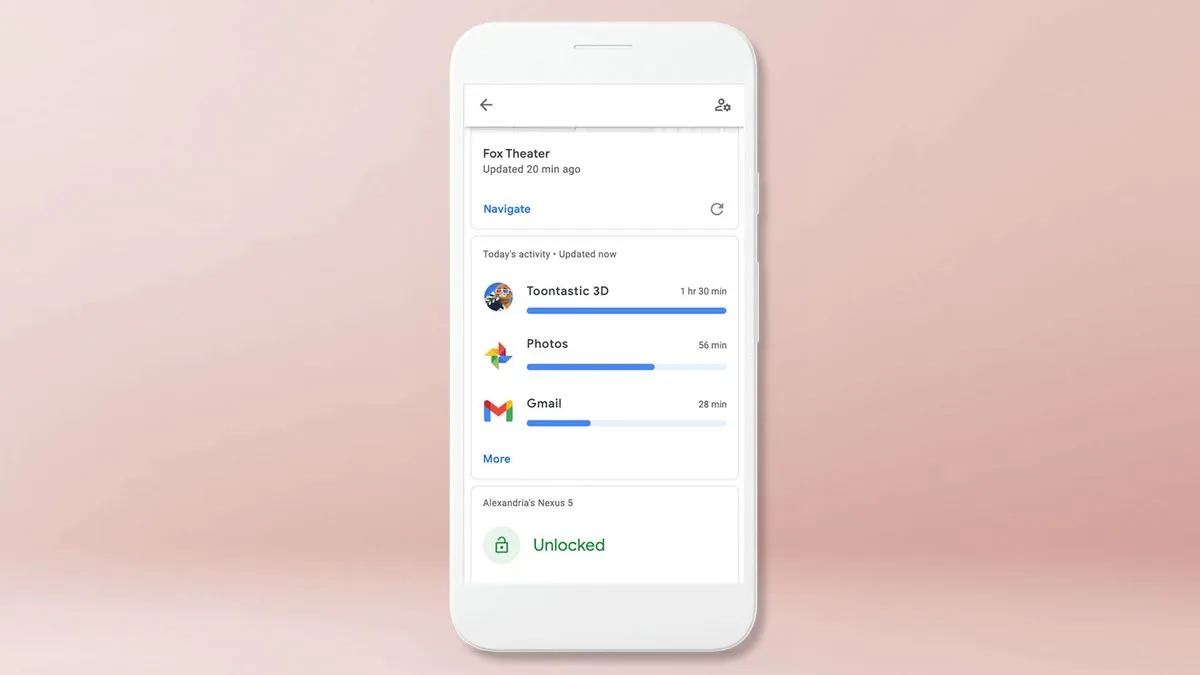The Rise of Time-Wasting Apps in Our Modern World
In our fast-paced modern world, it seems like there are endless distractions that can consume our time and energy. One of the biggest culprits of time-wasting is the proliferation of time-wasting apps. These apps, designed to entertain and engage users, often end up being a major source of wasted time.
So why do we get so many waste of time requests from these apps? There are several factors at play:
The Allure of Instant Gratification
Time-wasting apps are designed to provide instant gratification. Whether it’s mindlessly scrolling through social media feeds, playing addictive games, or binge-watching videos, these apps tap into our desire for immediate pleasure. They offer a quick escape from reality and provide a temporary sense of satisfaction.
The Fear of Missing Out
Another reason why we get so many waste of time requests from these apps is the fear of missing out (FOMO). Social media platforms, in particular, thrive on FOMO by constantly bombarding us with updates and notifications. We feel compelled to stay connected and up-to-date, even if it means sacrificing valuable time.
The Design of Addiction
Many time-wasting apps are intentionally designed to be addictive. They use psychological techniques, such as variable rewards and infinite scrolling, to keep users hooked. These apps exploit our natural tendencies for curiosity and novelty, making it hard to resist their pull.
The Illusion of Productivity
Some time-wasting apps masquerade as productivity tools, promising to enhance our efficiency and organization. However, they often end up being counterproductive, as they distract us from our actual tasks and responsibilities. We may spend hours tinkering with these apps, thinking we’re being productive, when in reality, we’re just wasting time.
The Importance of Setting Boundaries
While time-wasting apps can be entertaining and enjoyable in moderation, it’s crucial to set boundaries to avoid falling into the trap of excessive time-wasting. Here are a few tips:
- Identify your priorities and allocate specific time slots for leisure activities.
- Use productivity apps or website blockers to limit your access to time-wasting apps during designated work hours.
- Practice mindfulness and be aware of how much time you’re spending on these apps.
- Engage in activities that promote personal growth and well-being, such as reading, exercising, or pursuing hobbies.
By taking control of our time and consciously choosing how we spend it, we can reduce the impact of time-wasting apps on our productivity and overall well-being.



